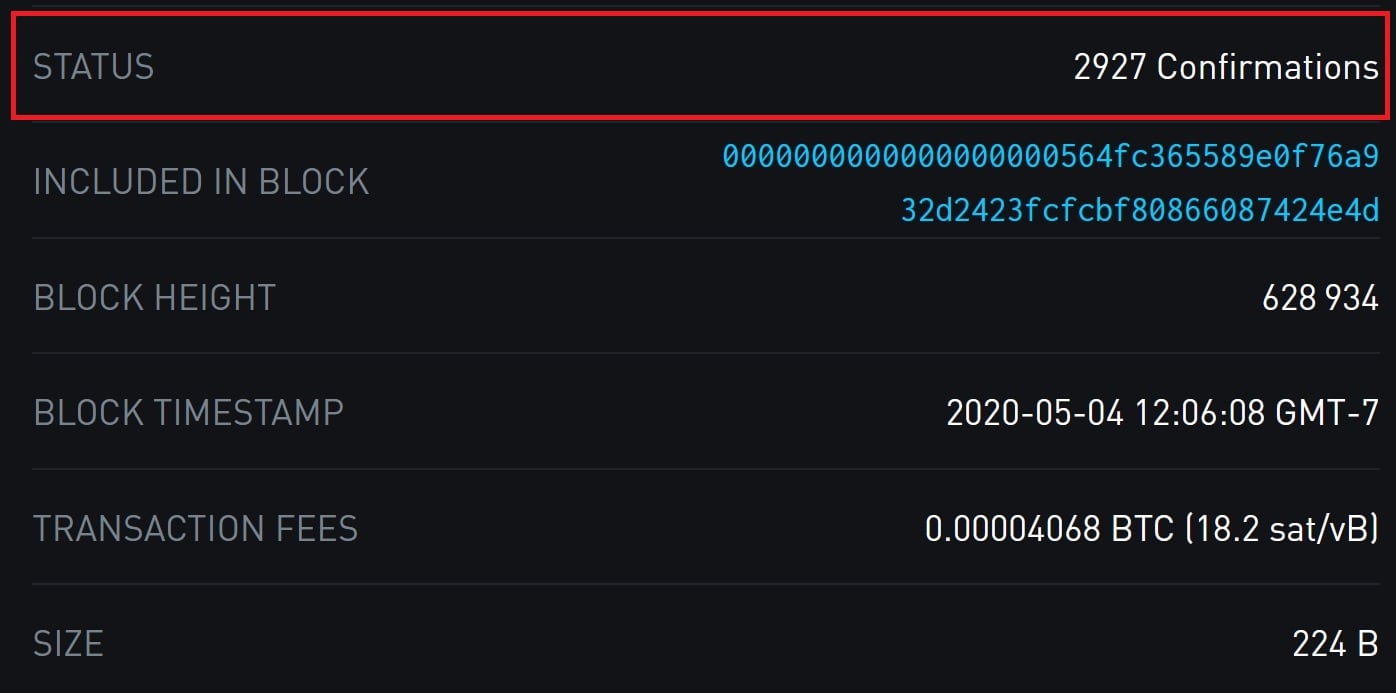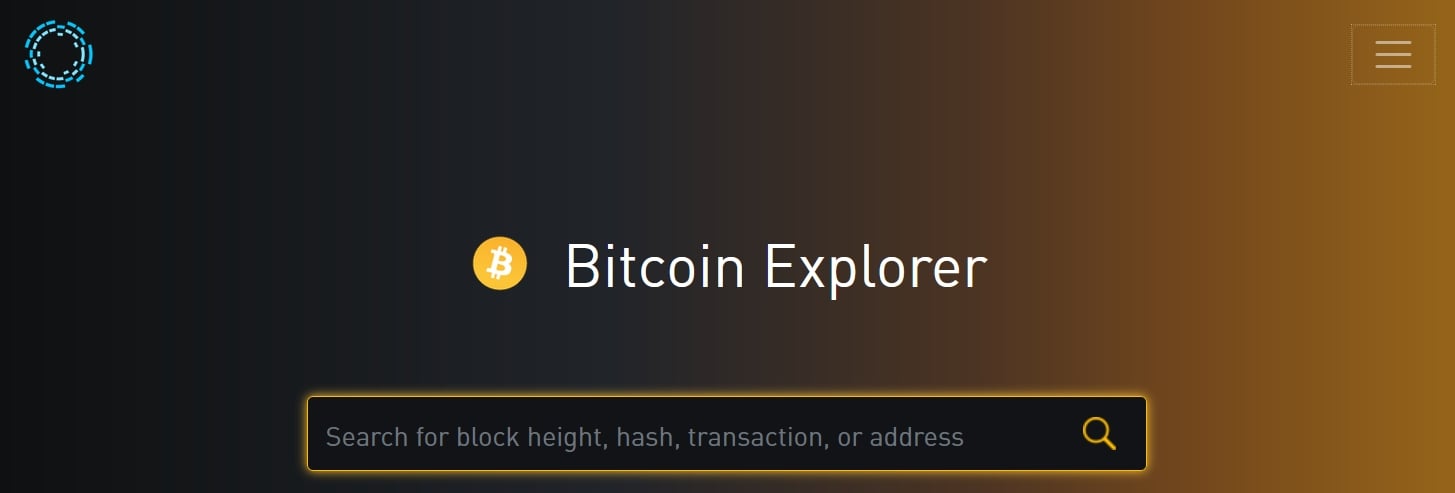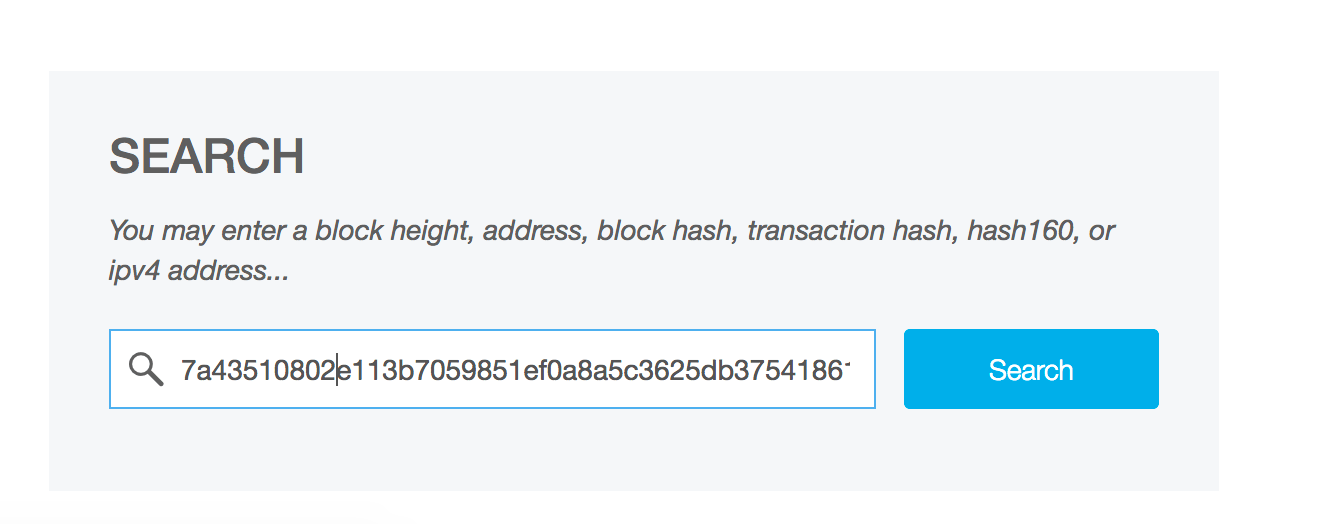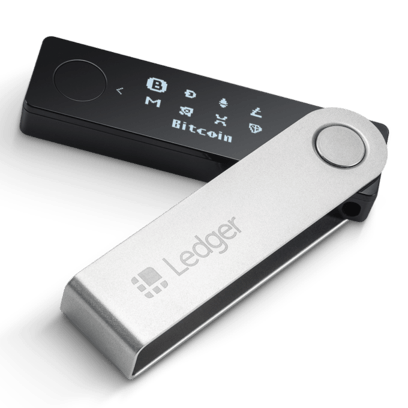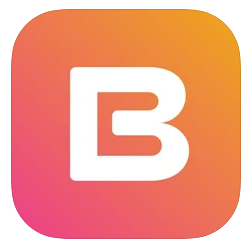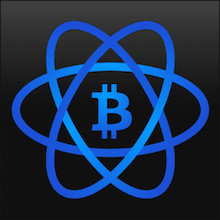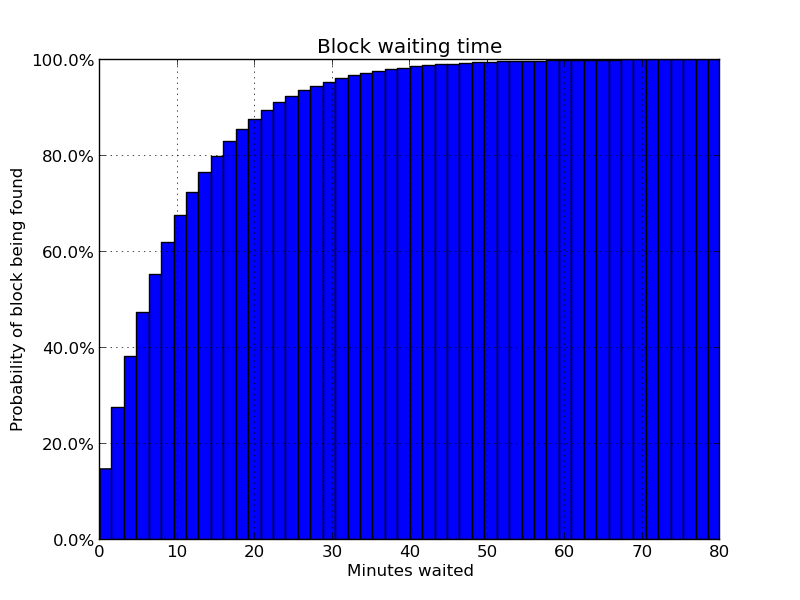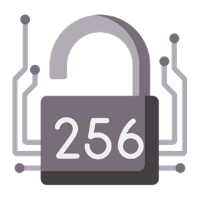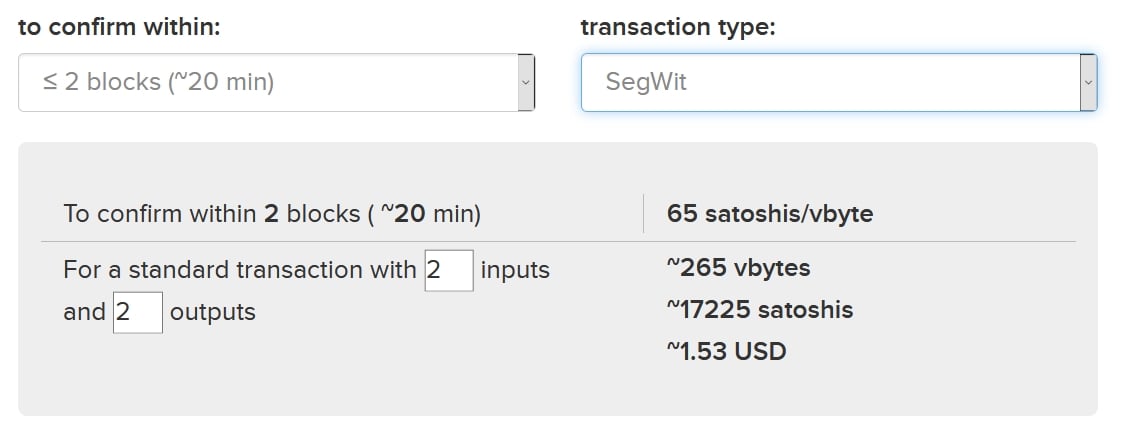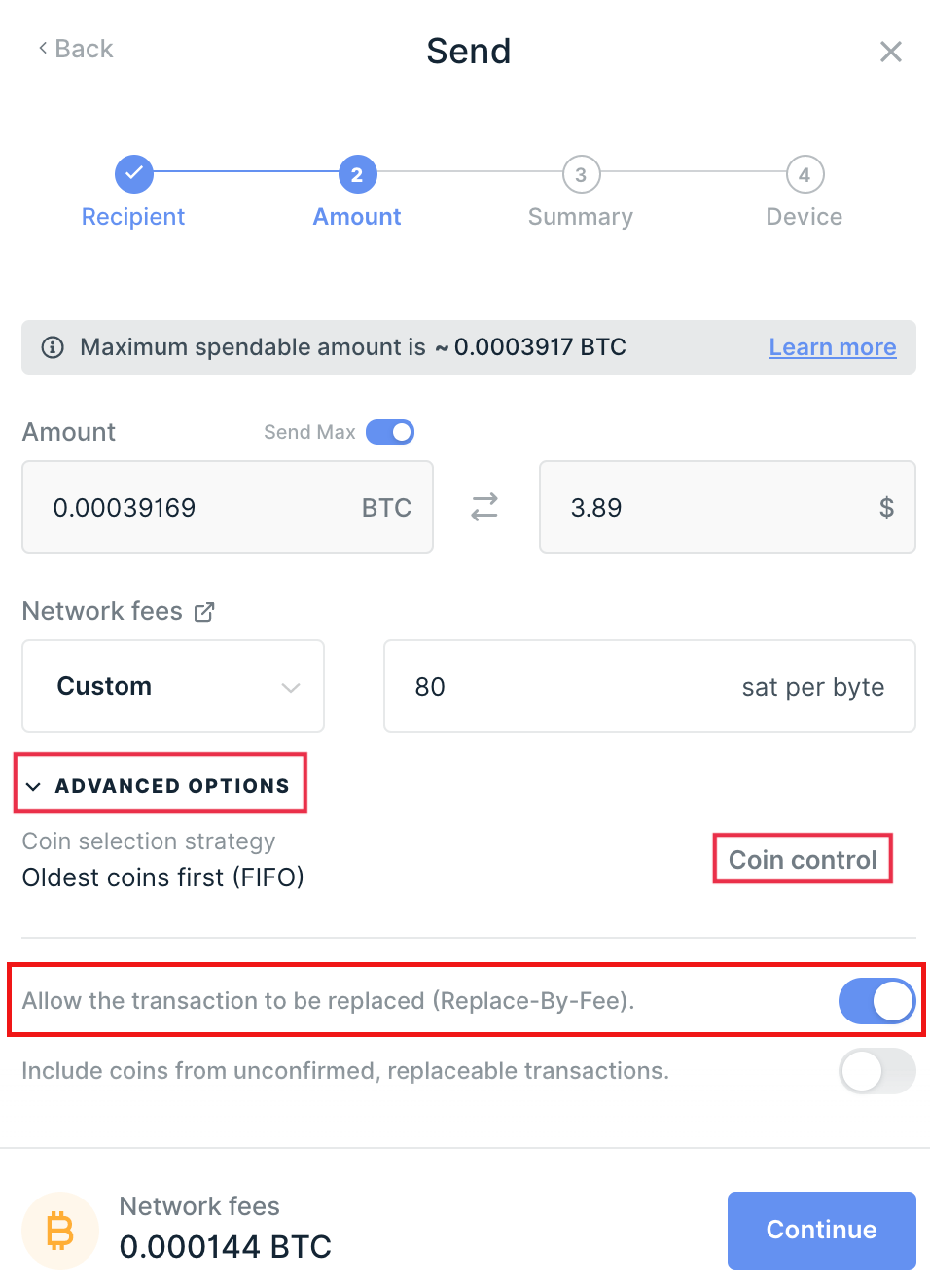- Transaction confirmation
- Contents
- How to confirm bitcoin transaction? [ edit ]
- Bitcoin Confirmation Time [ edit ]
- How many confirmations in bitcoin needed? [ edit ]
- Number of Bitcoin Confirmations [ edit ]
- Bitcoin transaction accelerator [ edit ]
- General format of a Bitcoin transaction (inside a block) [ edit ]
- Data [ edit ]
- Explanation [ edit ]
- Input [ edit ]
- Output [ edit ]
- Verification [ edit ]
- Types of Transaction [ edit ]
- Pay-to-PubkeyHash [ edit ]
- Bitcoin Confirmations
- How many Bitcoin Confirmations are Enough?
- How to Check Bitcoin Confirmations
- Try a New Wallet
- Ledger Nano X
- Electrum
- What is the Average Bitcoin Confirmation Time?
- Having an Issue With Your Wallet?
- Is your Bitcoin Transaction Unconfirmed for Hours?
- How Many Confirmations Does Coinbase Need?
- Is it possible for a transaction to confirm in less than 10 minutes?
- Difficulty Improperly Adjusted
- Hashing Power Flood
- Miner Luck
- Your Luck
- How can I speed up confirmation times?
- Does Segwit decrease confirmation times?
- My transaction is stuck. How do I get it onto a block?
- Learn More
- Buy Bitcoin with Credit Card
- Get a Free Bitcoin Wallet
- What is Bitcoin Mining?
- About the Author: Jordan Tuwiner
Transaction confirmation
Enjoyed the article? Share:
Bitcoin transaction confirmation is needed to prevent double-spending of the same money. One of the main advantages of bitcoin is that it avoids the problem of double-spending, i.e. the risk that a digital currency token may be copied and spent more than once. In spite of having no central authority to verify that its tokens are not being duplicated, bitcoin successfully avoids double-spending through a system of decentralized transaction confirmation, based on the consensus of its users. Bitcoin transaction time is always changing and it depends on the miner’s fee.
Contents
How to confirm bitcoin transaction? [ edit ]
A transaction is a transfer of value between Bitcoin wallets that gets included in the block chain [1] . Bitcoin transactions are not immediate. When a user wishes to send bitcoins, information is broadcast from her wallet to the (users in the) network, who verify that she has enough coins, and that they have never been spent before. Once validated, miners will include this transaction – along with others – in a new block in the blockchain. This is called a transaction confirmation. The transaction is now said to be «unconfirmed bitcoin transaction».
Each time a new block is added to the chain (every ten minutes), the transaction is said to be confirmed again. As a consensus, many users wait for a transaction to be confirmed six times (after roughly sixty minutes) before accepting it as payment, to avoid double-spending. Users will usually show a transaction as «n/unconfirmed» until it is six blocks deep.
Bitcoin Confirmation Time [ edit ]
To answer the question «How Long Does It Take To Transfer Bitcoin» it needs to understand that bitcoin transaction confirmation time depends on many factors. The deeper a transaction is buried, the harder it will be to manipulate. Although 0/unconfirmed transactions could be reversed via Finney attack, race attack, or 51% attack, small amounts of money will not be worth the trouble. Larger sums are worth protecting under more bitcoin confirmations. The number six is just an arbitrary limit, beyond which the feasibility of an attacker being able to amass more than 10% of the network’s hashrate for purposes of a transaction falsification becomes negligible (a risk lower than 0.1%).
Having understood how transactions occur, you should find out what affects the speed of processing and verification of information. To speed up the process, you need to know that it can slow down. Usually at the final time is affected by:
- network utilization;
- sharp jumps in the course;
- low commission.
The influence of the first factor is especially noticeable. When the system needs to process many requests, users have to wait. Especially long we have to wait in the days of peak activity, which is not often, but sometimes. Of great importance is the Commission paid to miners. The bigger it is, the higher the priority will be.
How long does bitcoin take to send? The size of the transaction has an influence on bitcoin confirmation time. It also has an additional impact: sending large amounts is much faster.
How many confirmations in bitcoin needed? [ edit ]
Although six confirmations is the consensus, merchants and exchanges that accept bitcoin as payment for their products and services should set their own standard of confirmations they require before accepting payment.
Freshly-minted bitcoins can only be used after 100 confirmations, to prevent coins from orphan blocks being spent. Older bitcoin client will not use newly-earned coins until they have 120 confirmations.
Number of Bitcoin Confirmations [ edit ]
A regular bitcoin client will show the transaction as “n / unconfirmed” until its size in the chain becomes 6 blocks. Users and cryptocurrency exchanges that accept bitcoins as payment set their threshold in the number of required blocks until the payment is confirmed.
To find out how many checks are required to process the transaction and how long to wait for the receipt of funds, it is necessary to understand the features of cryptocurrency transfers. This process consists of several stages:
- addressee sends money;
- information about transactions is made in special blocks, each of which has a room and a hash (special data);
- the blocks are sent for scanning to different computers;
- if everything is done correctly, the received information replenishes various databases;
- checked blocks complete the chain;
- the money goes to the recipient.
To make a transfer, the transaction must be verified in 6 blocks. If this does not happen, cryptogenic reach the final destination. Accordingly, the speed of bitcoin confirmations depends on the time of sending Finance.
Bitcoin transaction accelerator [ edit ]
Theoretically, it is impossible to speed up the confirmation of bitcoin transactions. Because it is impossible to increase the speed of data processing on another computer. But the reality is somewhat different. Cryptocurrency holders can take advantage of several options:
- the increase in the size of the commission;
- using proven reliable wallets;
- the opening of the transaction;
- using multifunction purses that support the creation of multipurpose.
Additionally, visitors can use the alternative, involving the procurement transaction as a reserve. This option requires the creation of a private, independent from the wallet address bitcoins.
Depending on conditions the time of making the bitcoin payment can be both immediate and delayed for a few days. Therefore, in order not to be in a difficult situation, you should think in advance about all the details and decide how to speed up the process. And the most important is the size of the Commission and the reliability of the selected wallet. If miners get a good reward, the priority of data processing will increase dramatically. A high-quality payment resource is able to make a financial transaction instant.
General format of a Bitcoin transaction (inside a block) [ edit ]
| Field | Description | Size |
|---|---|---|
| Version no | currently 1 | 4 bytes |
| Flag | If present, always 0001, and indicates the presence of witness data | optional 2 byte array |
| In-counter | positive integer VI = VarInt | 1 — 9 bytes |
| list of inputs | the first input of the first transaction is also called «coinbase» (its content was ignored in earlier versions) | -many inputs |
| Out-counter | positive integer VI = VarInt | 1 — 9 bytes |
| list of outputs | the outputs of the first transaction spend the mined bitcoins for the block | -many outputs |
| Witnesses | A list of witnesses, 1 for each input, omitted if flag above is missing | variable, see Segregated_Witness |
| lock_time | if non-zero and sequence numbers are Principle example of a Bitcoin transaction with 1 input and 1 output only [ edit ] |
Data [ edit ]
Explanation [ edit ]
The input in this transaction imports 50 BTC from output #0 in transaction f5d8. Then the output sends 50 BTC to a Bitcoin address (expressed here in hexadecimal 4043. instead of the normal base58). When the recipient wants to spend this money, he will reference output #0 of this transaction in an input of his own transaction.
Input [ edit ]
An input is a reference to an output from a previous transaction. Multiple inputs are often listed in a transaction. All of the new transaction’s input values (that is, the total coin value of the previous outputs referenced by the new transaction’s inputs) are added up, and the total (less any transaction fee) is completely used by the outputs of the new transaction. Previous tx is a hash of a previous transaction. Index is the specific output in the referenced transaction. ScriptSig is the first half of a script (discussed in more detail later).
The script contains two components, a signature and a public key. The public key must match the hash given in the script of the redeemed output. The public key is used to verify the redeemers signature, which is the second component. More precisely, the second component is an ECDSA signature over a hash of a simplified version of the transaction. It, combined with the public key, proves the transaction was created by the real owner of the address in question. Various flags define how the transaction is simplified and can be used to create different types of payment.
Output [ edit ]
An output contains instructions for sending bitcoins. Value is the number of Satoshi (1 BTC = 100,000,000 Satoshi) that this output will be worth when claimed. ScriptPubKey is the second half of a script (discussed later). There can be more than one output, and they share the combined value of the inputs. Because each output from one transaction can only ever be referenced once by an input of a subsequent transaction, the entire combined input value needs to be sent in an output if you don’t want to lose it. If the input is worth 50 BTC but you only want to send 25 BTC, Bitcoin will create two outputs worth 25 BTC: one to the destination, and one back to you (known as «change», though you send it to yourself). Any input bitcoins not redeemed in an output is considered a transaction fee; whoever generates the block can claim it by inserting it into the coinbase transaction of that block.
Verification [ edit ]
To verify that inputs are authorized to collect the values of referenced outputs, Bitcoin uses a custom Forth-like scripting system. The input’s scriptSig and the referenced output’s scriptPubKey are evaluated (in that order), with scriptPubKey using the values left on the stack by scriptSig. The input is authorized if scriptPubKey returns true. Through the scripting system, the sender can create very complex conditions that people have to meet in order to claim the output’s value. For example, it’s possible to create an output that can be claimed by anyone without any authorization. It’s also possible to require that an input be signed by ten different keys, or be redeemable with a password instead of a key.
Types of Transaction [ edit ]
Bitcoin currently creates two different scriptSig/scriptPubKey pairs. These are described below.
It is possible to design more complex types of transactions, and link them together into cryptographically enforced agreements. These are known as Contracts.
Pay-to-PubkeyHash [ edit ]
A Bitcoin address is only a hash, so the sender can’t provide a full public key in scriptPubKey. When redeeming coins that have been sent to a Bitcoin address, the recipient provides both the signature and the public key. The script verifies that the provided public key does hash to the hash in scriptPubKey, and then it also checks the signature against the public key.
Источник
Bitcoin Confirmations
Roughly every ten minutes, a new block is created and added to the blockchain through the mining process. This block verifies and records any new transactions. The transactions are then said to have been confirmed by the Bitcoin network.
For example, if Sean buys bitcoin and then sends one bitcoin to John, this transaction will remain “unconfirmed” until the next block is created.
Once that block is created and the new transaction is verified and included in that block, the transaction will have one confirmation. Approximately every ten minutes thereafter, a new block is created and the transaction is reconfirmed by the Bitcoin network.
While some services are instant or only require one confirmation, many Bitcoin companies will require more as each confirmation greatly decreases the likelihood of a payment being reversed. It is common for six confirmations to be required which takes about an hour.
How many Bitcoin Confirmations are Enough?
How to Check Bitcoin Confirmations
Once you make a transaction, your wallet should give you an option to view the transaction on a block explorer or give you the transaction ID.
A transaction ID looks like this: 7a43510802e113b7059851ef0a8a5c3625db37541861dd982f56253b2d5c4ff9
To check the number of confirmations for a transaction, paste the ID into a block explorer like blockchain.info:
Press enter and then you’ll see more details about your transaction:
Try a New Wallet
If your wallet is sending transactions that get stuck, you may be using an old wallet that doesn’t calculate fees properly. Try one of these:
Ledger Nano X
- Good for storing large amounts of crypto
- Supports 1,000+ coins
- Can be used with iOS & Android
- Great wallet for iOS and Android
- Supports many coins, like BTC and ETH
- Clean interface makes it easy to use
Electrum
- Desktop wallet that works for Mac, Windows and Linux
- Simple to use, but also offers power features for experienced users
- Can connect to hardware wallets
What is the Average Bitcoin Confirmation Time?
There is a greater than 60% chance your transaction will be confirmed within 10 minutes if you pay a high enough fee:
Having an Issue With Your Wallet?
Some wallets are not updated to send transactions with the proper fee.
Our guide on the best bitcoin wallets features wallets with good fee estimators. Read it here!
Is your Bitcoin Transaction Unconfirmed for Hours?
If your transaction is unconfirmed for hours, just wait. If more than 72 hours pass and your transaction still isn’t confirmed, you can re-send the transaction.
We recommend using Electrum wallet with a hardware wallet like the Ledger Nano X, since it allows you to raise the fee on transactions if they get stuck.
How Many Confirmations Does Coinbase Need?
Coinbase requires three confirmations before a transaction will show up and be spendable in your Coinbase account.
Is it possible for a transaction to confirm in less than 10 minutes?
Yes! There are several ways this could happen.
As mentioned above, block times are targeted to be 10 minutes. However, sometimes they are more and sometimes they are less.
Difficulty Improperly Adjusted
If the difficulty is set too low, then block times will tend to be shorter than 10 minutes. Difficulty is adjusted every 2 weeks, but the way it is adjusted is based on the previous two weeks average block times. This generally does a good job of ensuring 10 minute blocks, but it is not perfect.
Hashing Power Flood
If a lot of mining hashing power is suddenly added to the network quickly, then this hashing power wont be accounted for until the next difficulty adjustment, resulting in faster block times on average.
Miner Luck
Sometimes blocks are found in minutes simply because of luck. The truth is, mining bitcoin is about guessing the answers to complex math problems. Guessing the answer should, statistically speaking, take about 10 minutes. However, sometimes you get lucky and find it much sooner.
Your Luck
Assuming 10 minute block timers are perfectly calibrated, and none of the above occurs, you could still get your first confirmation in less than 10 minutes. Let’s say a block is found and five minutes later you broadcast a transaction with a higher fee than anyone else on the network. If that were the case, you would get your first confirmation in 5 minutes.
How can I speed up confirmation times?
There is no way for you to speed up the rate at which blocks are added to the blockchain. However, you can speed up the likelihood your transaction is included in the next block by increasing the fees you pay for the transaction, which makes it of higher interest to miners.
You can find what is considered a high fee at any given time by looking at our fee calculator. Be sure to calculate taxes for free properly.
Does Segwit decrease confirmation times?
Technically, no. Segwit does not change the amount of time needed for blocks to confirm. However, transactions using Segwit are cheaper because they are smaller. That means the fees you would pay for an old bitcoin transaction sending the same amount of coins is higher than it would be with Segwit. You can, therefore, put the money you save into paying more fees to increase the chance the transaction ends up in the next block.
However, no amount of fees can get your transaction through faster than the next block. And the time it takes for the next block to be found varies depending on current hashing power, difficulty and new investors coming in.
My transaction is stuck. How do I get it onto a block?
There are a few ways to fix a stuck transaction. One way is to do a replace by fee (RBF) transaction. The other is to do a child-pays-for-parent (CPFP) transaction. You can also use a bitcoin accelerator service, but accelerators are very expensive (and also not based in the US, UK or Canada). Better, cheaper options are available.
If you own a Ledger hardware wallet and you are using Ledger Live (supports altcoins too), you can prepare your transaction so that replace by fee is possible. Just tick the switch in the advanced options on the second screen (amount) when you make your transaction:
Learn More
Buy Bitcoin with Credit Card
Get a Free Bitcoin Wallet
What is Bitcoin Mining?
About the Author: Jordan Tuwiner
Jordan Tuwiner is the founder of BuyBitcoinWorldwide.com. His work has been featured in The Guardian, International Business Times, Forbes, VentureBeat, CoinDesk and many other top Bitcoin media outlets. His articles are read by millions of people each year looking for the best way to buy Bitcoin and crypto in their country.
He has also written extensively about the history, technology, and business of the crypto world. Jordan is also the creator of some of the internet’s most famous Bitcoin pages, including The Quotable Satoshi and Bitcoin Obituaries.
To learn more about Jordan, see his full bio.
We Help The World Buy Bitcoin
Disclaimer: Buy Bitcoin Worldwide is not offering, promoting, or encouraging the purchase, sale, or trade of any security or commodity. Buy Bitcoin Worldwide is for educational purposes only. Every visitor to Buy Bitcoin Worldwide should consult a professional financial advisor before engaging in such practices. Buy Bitcoin Worldwide, nor any of its owners, employees or agents, are licensed broker-dealers, investment advisers, or hold any relevant distinction or title with respect to investing. Buy Bitcoin Worldwide does not promote, facilitate or engage in futures, options contracts or any other form of derivatives trading.
Buy Bitcoin Worldwide does not offer legal advice. Any such advice should be sought independently of visiting Buy Bitcoin Worldwide. Only a legal professional can offer legal advice and Buy Bitcoin Worldwide offers no such advice with respect to the contents of its website.
Buy Bitcoin Worldwide receives compensation with respect to its referrals for out-bound crypto exchanges and crypto wallet websites.
Wallabit Media LLC and/or its owner/writers own Bitcoin.
Источник

